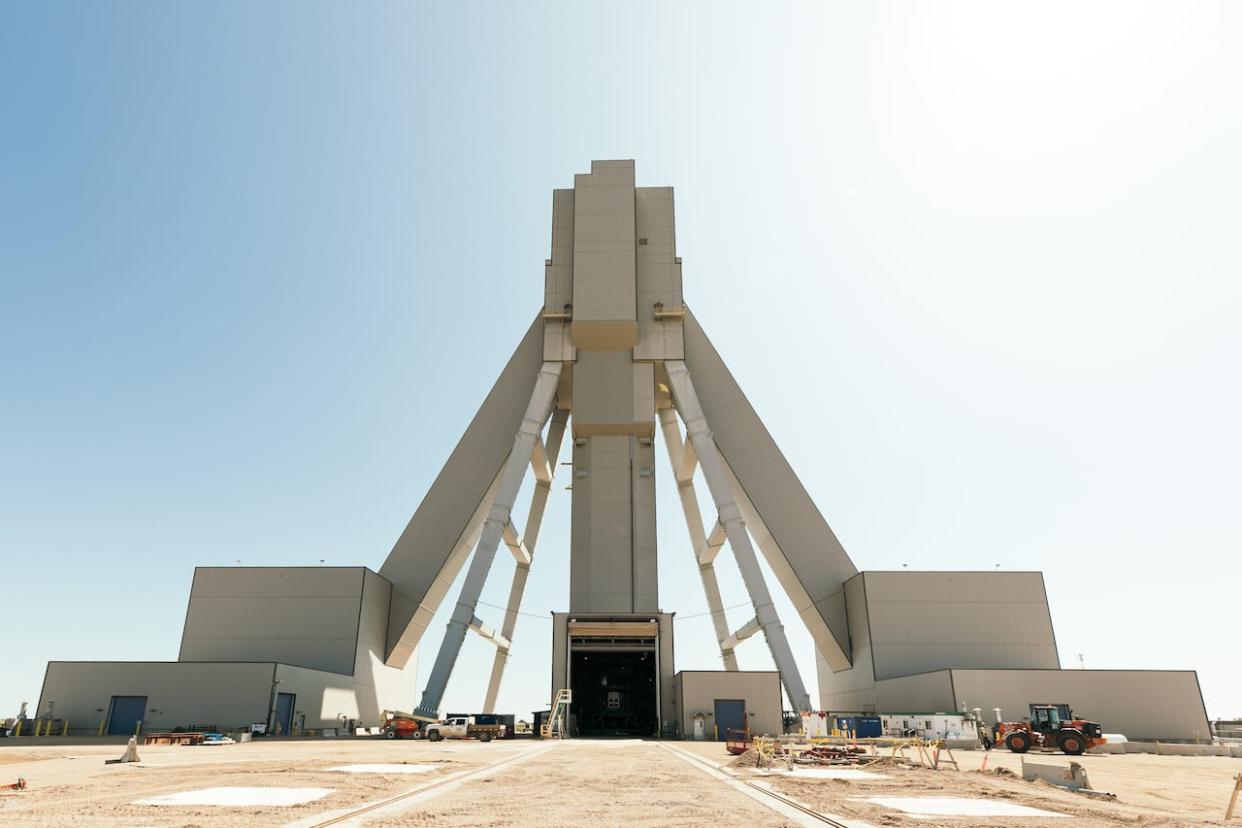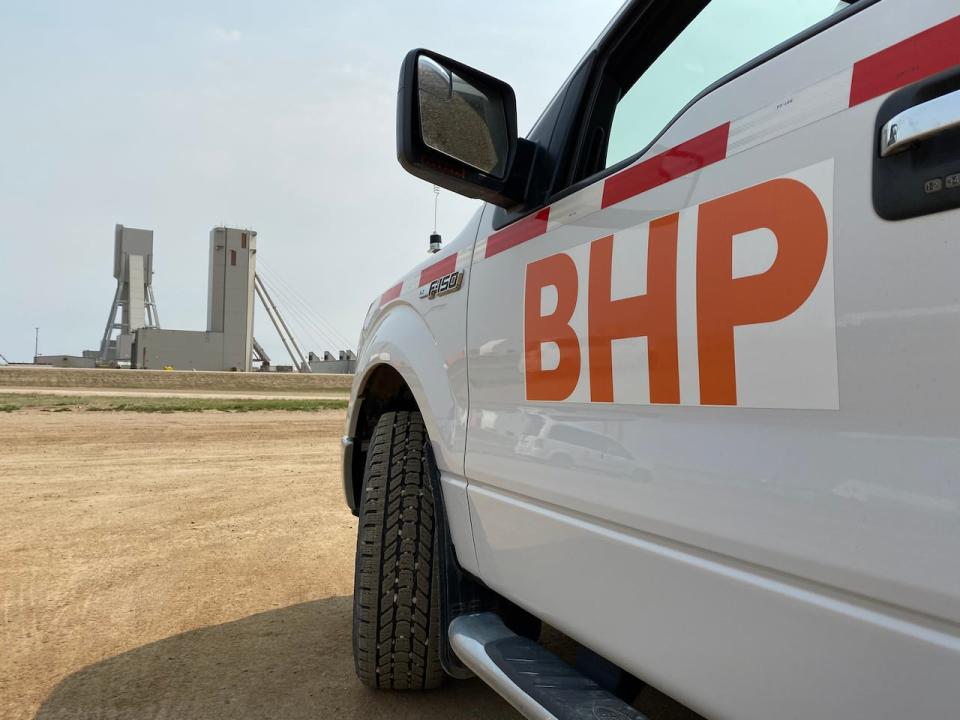BHP commits additional $6.4B to turn Sask. project into 'one of the biggest potash mines in the world'

BHP has approved $6.4 billion in spending for stage two of its Jansen potash project in Saskatchewan.
The company says the additional investment will make the facility, located about 140 kilometres east of Saskatoon, one of the biggest potash mines in the world. The company expects stage two to double the mine's production capacity to 8.5 million tonnes per year.
"This is an important milestone that underscores our confidence in potash and marks the next phase of the company's growth in Canada," BHP CEO Mike Henry said in anews release issued on Tuesday.
"We believe Jansen will deliver long-term value for shareholders and the local community, and will position BHP as one of the leaders in the global potash industry."
BHP's approved $7.5 billion for stage one of the Jansen potash project in August 2021. BHP says that first stage of the project is 32 per cent built, on schedule and expected to start producing in 2026.
The company said construction for the second stage is expected to take six years, with production projected to begin in 2029.
The company said the decision to go ahead with the second stage while it is still building the first will allow it to take advantage of the current project team and contractors. It also said the decision will reduce overhead and savings on mobilization and demobilization.

The company is still building the first stage of the Jansen project. (Trevor Bothorel/CBC)
Simon Thomas, BHP's president of potash, said stage two will replicate infrastructure from the first stage, including increased mining and processing equipment to increase production rate.
He said there a still an opportunity for third and fourth stages at the Jansen mine, but those developments will be dependent on future market conditions.
Thomas said BHP has a goal for the Jansen potash mine to be a leader in sustainable practices.
"We're looking at the opportunity here to use improvements and innovations in what is a long-term traditional industry and then apply those innovations to reduce greenhouse gas emissions, reduce freshwater demand and those elements that are key to being a socially and environmentally friendly operator," Thomas said.
Creating jobs
Thomas said the Jansen potash mine is expected to create 3,500 jobs during the peak of construction, with around 2,000 of those jobs extending past stage one. Thomas also said there will be 900 full-time jobs available once both stages of the mine are operational.
BHP has also committed to a gender-balanced workforce, along with 20 per cent of its workers being Indigenous.
Thomas said he expects around two-thirds of the mine's employees to be living in communities nearby.
"I think for the communities around Jansen, this continues to show our confidence in the communities and within the province, and our desire to continue to work with those local communities to see them develop, to see them be a considerable partner and a very important part of our future long term," Thomas said.
Thomas said he also expects some inter-provincial or even international migration to work at the mine.
Saskatchewan Premier Scott Moe called the announcement great news for the province.
"One of the biggest mining projects in the world just got bigger," Moe posted on X, the social media platform formerly known as Twitter, on Tuesday morning.


